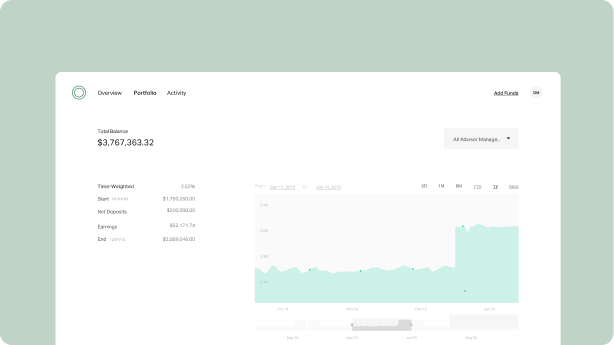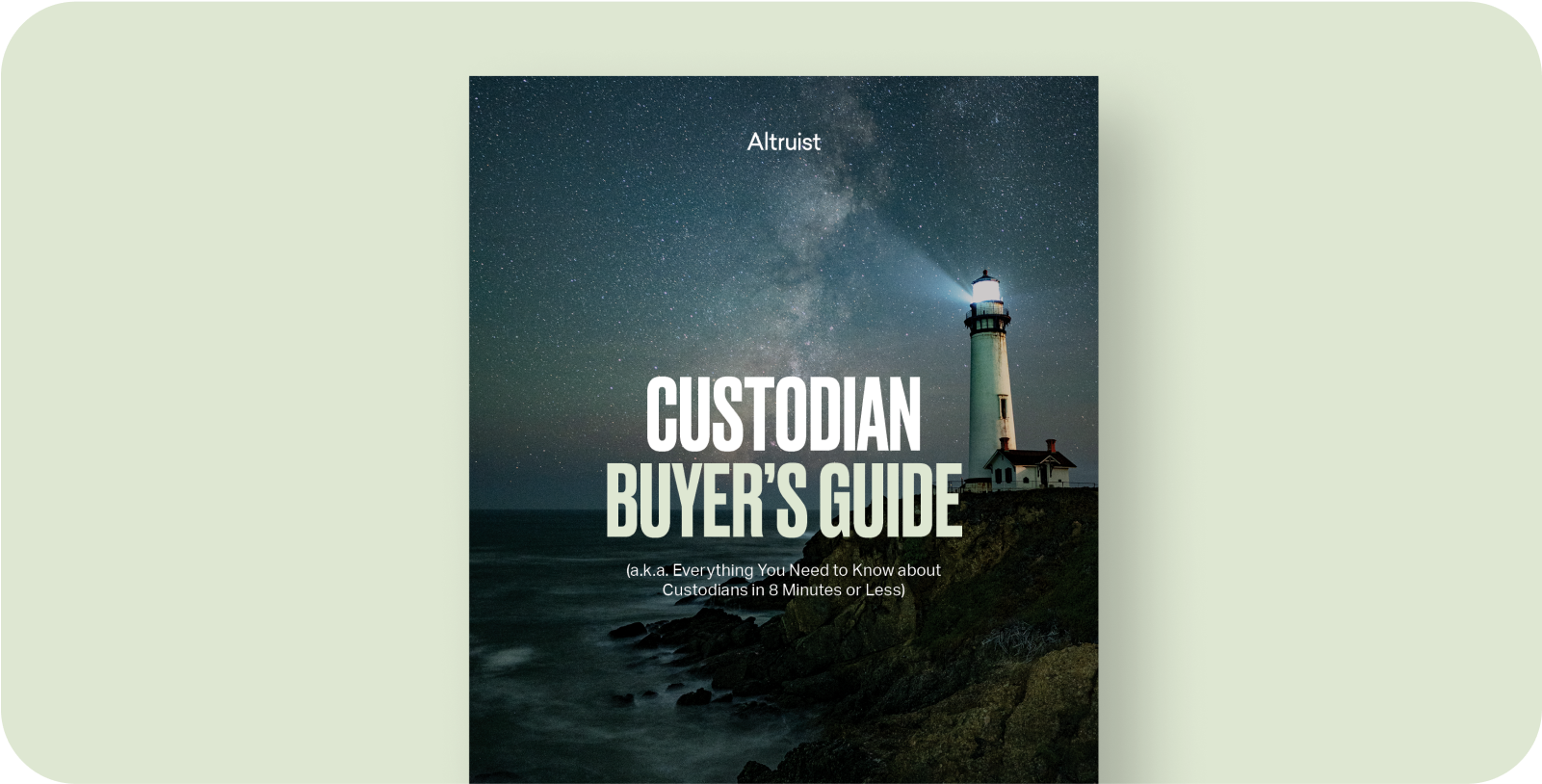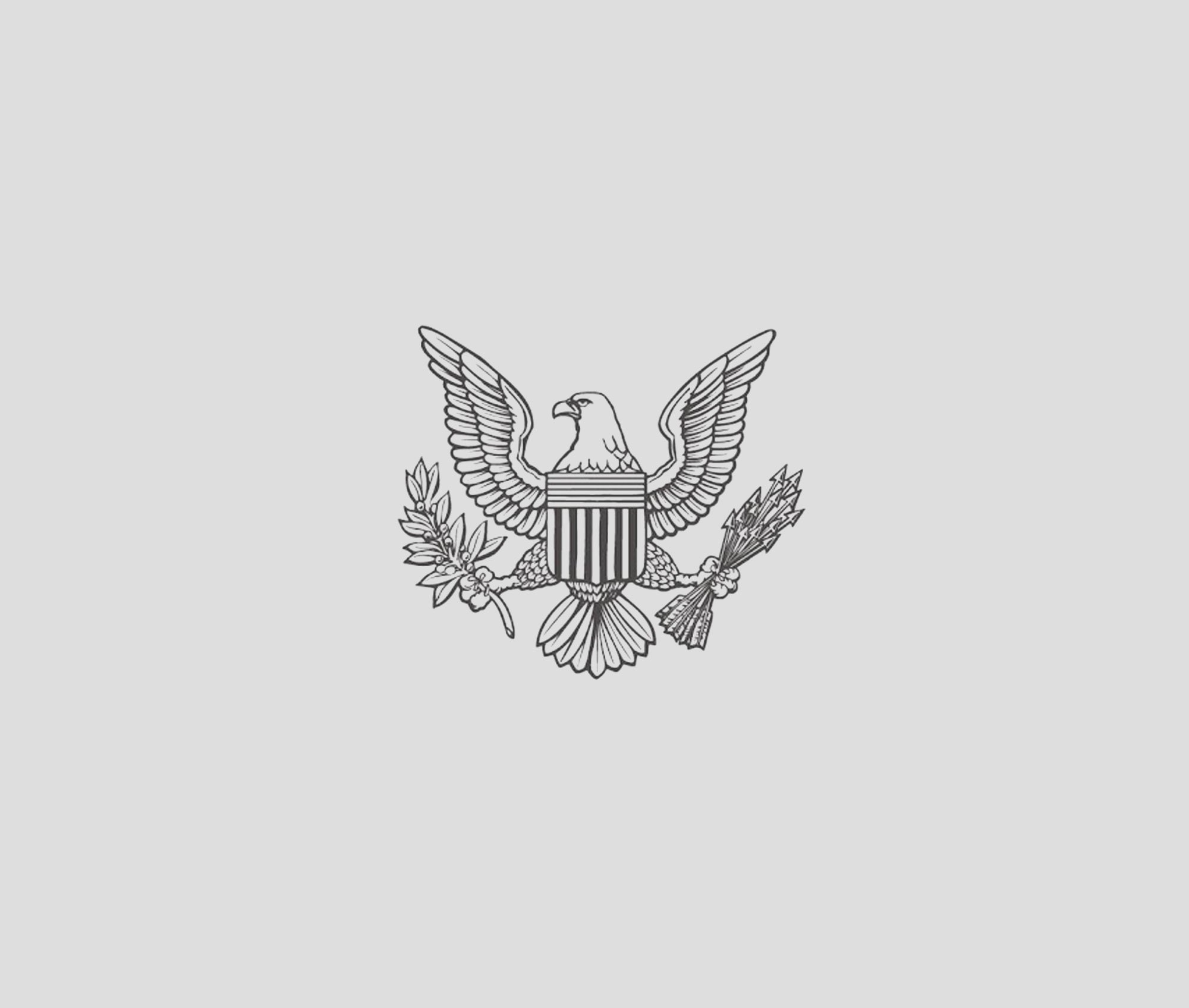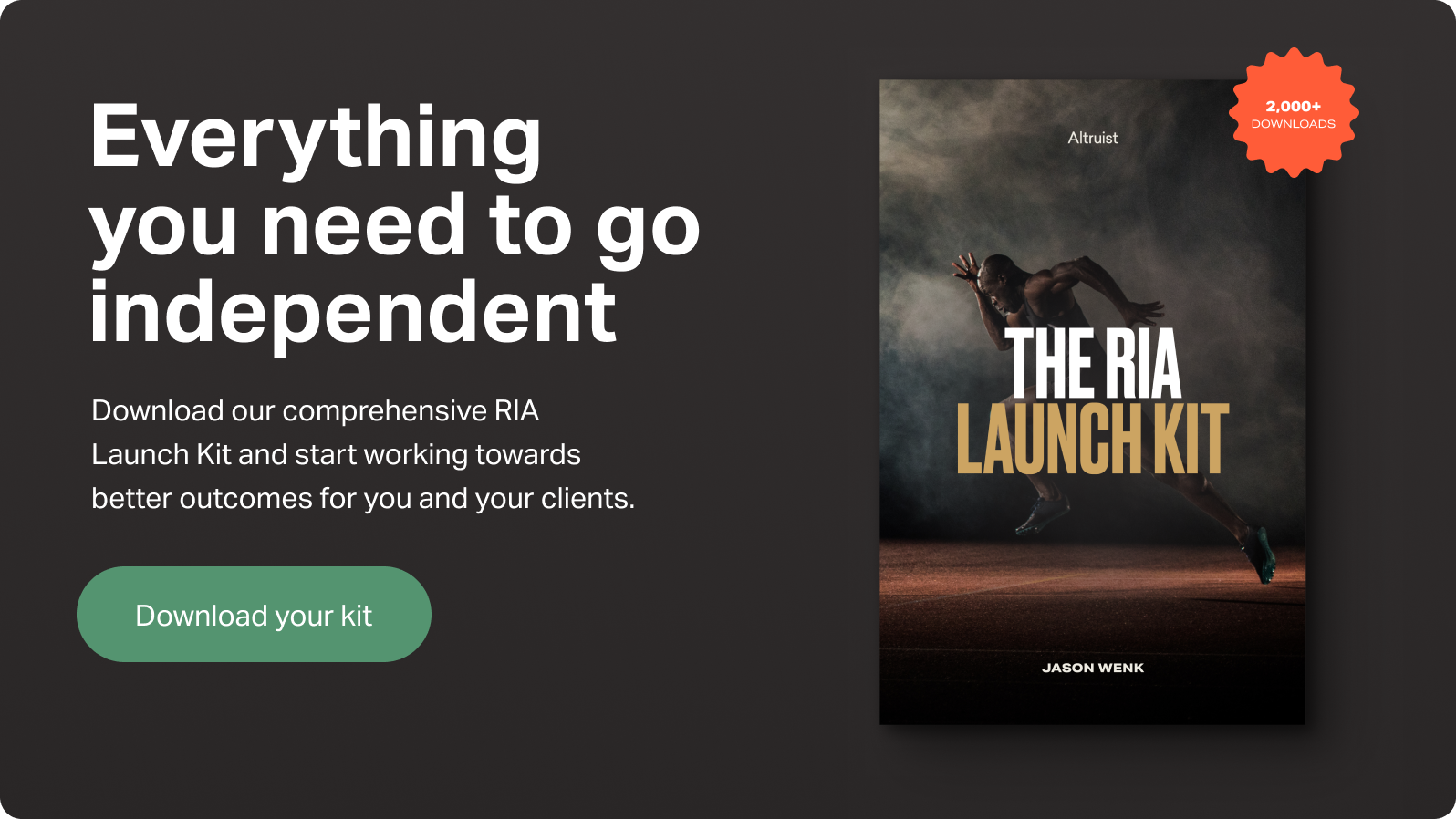A good financial advisor compliance solution can save you time and money (and headaches). It isn't something to take lightly when setting up your new RIA.
This short guide explains everything you need to set up your RIA compliance program at your firm. Before you dive in, I recommend reading parts 1 & 2 of our Going Independent series: A series dedicated to starting your own RIA & A guided checklist to forming your own RIA. I also invite you to check out the other articles listed at the end of this article that further give you information about launching your own RIA.
Key takeaways from this article:
- It might be better for your RIA to hire an outsourced Chief Compliance Officer to set up your compliance program–saving you time!
- There are five factors to consider when hiring any outsourced compliance resource: expertise, bandwidth, patience, risk appetite, and cost.
- If you’re interested in learning more about this topic and everything you need to know about launching an RIA, check out our launch kit.
Having established more than a dozen registered investment advisers and worked with hundreds of legal and compliance professionals, I’ve seen nearly every possibility in which RIAs fulfill their regulatory obligations. While these regulatory rules, guidance notes, court cases, no-action letters, and legal interpretations can fill a library, an RIA’s role in keeping the SEC happy can simply be summarized as:
- Adopting written policies and procedures designed to prevent violations of securities laws;
- Annually reviewing those policies and procedures; and
- Designating a Chief Compliance Officer.
Financial advisors planning to leave their current broker-dealer or wirehouse to form an RIA have likely depended on an existing compliance infrastructure. This might have been a branch manager or an in-house compliance team that reviewed your marketing materials and asked you to disclose gifts, entertainment, political contributions, and outside business activities. Each of those responsibilities (and many more) now falls on the advisor once you establish your RIA.
There are a few ways to tackle this as a new RIA setting up a compliance program
First, you must appoint a Chief Compliance Officer, and here are your options:
1. Serve as the CCO yourself;
2. Appoint someone on your team to be CCO; or
3. Hire a consultant as a CCO (highly recommended).
Once you have a CCO, you have two options to develop your compliance program:
1. Produce this on your own using resources provided by the SEC (and google); or
2. Hire a consultant to build your program.
It’s important to note that simply appointing a CCO and making that person responsible for your compliance program doesn’t absolve the CEO (President, Manager, or whatever title you choose if it’s your RIA) of responsibility. Always remember that it’s your RIA, and you are ultimately accountable for the RIA fulfilling its regulatory obligations and not violating state or federal securities law. If anything, the SEC tends to be more forgiving to the CCO, provided the CCO demonstrates sufficient authority and seniority concerning carrying out the compliance program.
Hiring an outsourced Chief Compliance Officer
Hiring an outsourced CCO to develop and administer your compliance program can save you time and frustration when building your RIA. Launching an RIA tends to be one of the most significant professional decisions an advisor makes.
Would you rather focus on what you’re good at (e.g. building a business, spending time with your clients, etc.) or learning the complex world of the 1940 Investment Advisers Act and subsequent 80 years of rule-making? Most of your colleagues agree: less than 10% of RIAs with fewer than $250 million in AUM have a full-time dedicated CCO.
Stick with your strengths, and hire someone that knows what they’re doing.
“What if I take on the CCO title and hire a consultant to do all the compliance work?”
This is definitely an option, and it is more cost-effective. Ultimately it comes down to your bandwidth and comfort. You may find a consultant you think would be great to work with but won’t take on the CCO title. Alternatively, you might find a mediocre consultant happy to assume the CCO role. It’s best to evaluate each, determine who you’re more comfortable trusting to give you sound advice and proceed accordingly.
Keep in mind that it will make sense to hire an in-house compliance resource at some point. That tends to happen around the $250-300 million mark, and you can cross that bridge when you get there! In the beginning, keep it simple and to the point of what you need.
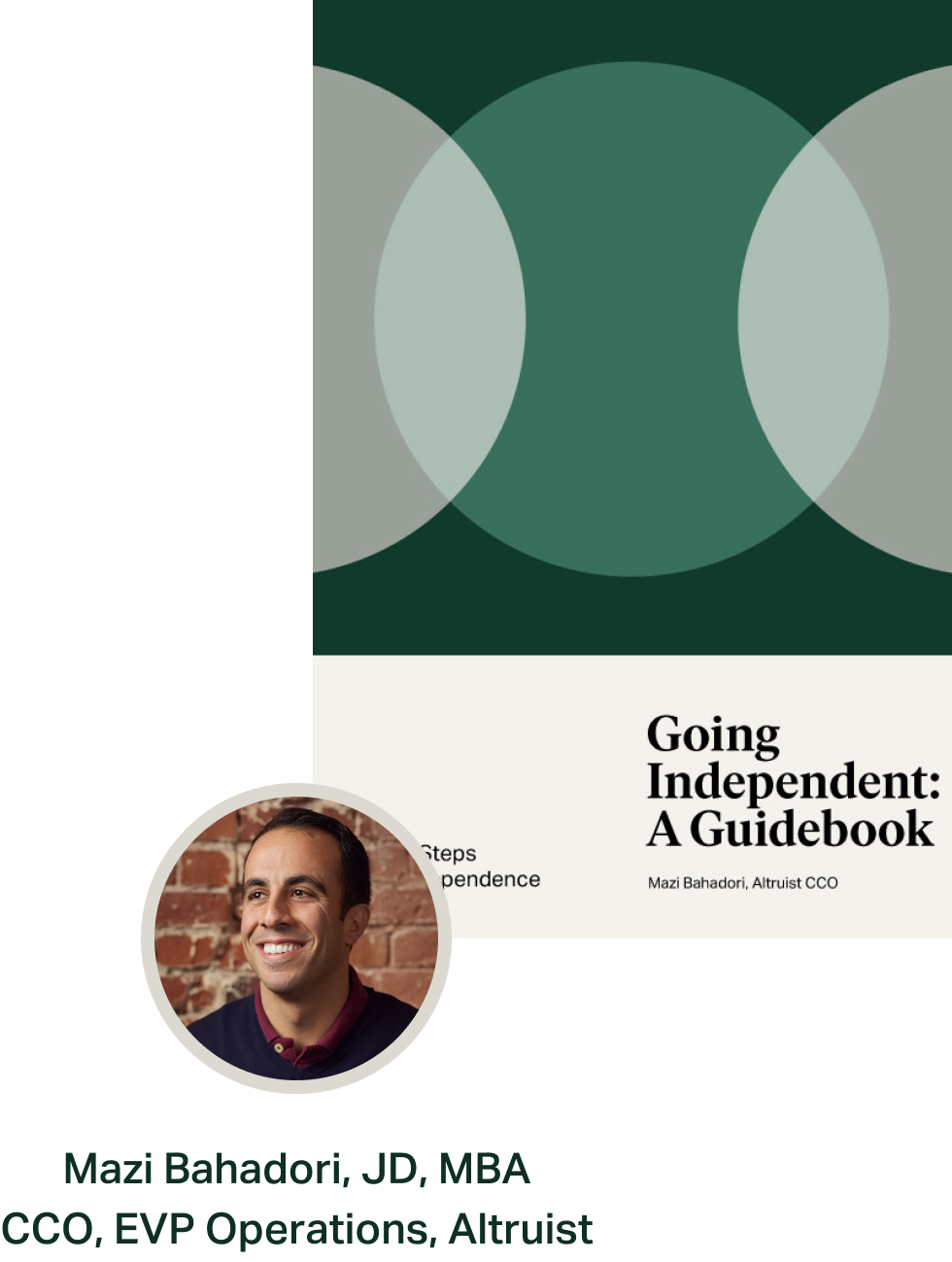
How do I hire a compliance consultant?
There are five factors I always consider when hiring any outsourced compliance resource: expertise, bandwidth, patience, risk appetite, and cost.
- Compliance Expertise. You need someone who knows what they’re doing regarding all things compliance. Your Chief Compliance Officer should have a minimum of 10+ years of experience for at least 10 or more RIAs. It might feel like an oversimplification, but the reality is that this is a numbers game.
Over the last decade, the SEC examined 8-15% of RIAs yearly. State regulator numbers vary, but not by too much. A CCO for an RIA can go years without an examination; however, if you find a CCO that’s been in business long enough, they will inevitably have some regulatory experience critical to developing and administering a sound program.
You may find larger consultants that appoint a CCO with a limited track record but are supported by a Partner or Senior Manager with decades of experience. This can work; however, you should pay close attention to the support you’ll get from the more senior team members and how much more you’ll need to pay. - Bandwidth. Think about your clients. How much time and attention do you give them? How do you determine which clients get daily, weekly, monthly, or quarterly calls? Compliance consultants are no different. Have that conversation up front and be candid; otherwise, you’ll invite inevitable frustration.
If you want to be able to call someone at any time for any reason, let them know. Most compliance consultants are accustomed to routine calls, check-ins, and doing as much by email as possible. If a high personal touch is important to you, it’ll likely limit your pool of options, but you’ll at least get a better outcome to help you sleep better at night. - Patience. Compliance consultants are notorious for “bucketing” their clients. They’ll spend some time getting to know your business, client types, and portfolio management and trading strategies. Then they’ll designate a more or less generic approach for your compliance program that’s in line with other firms “like you.” This process has frustrated me to no end. No two RIAs are alike, and no two advisors are alike.
Now and then, I’ll come across a consultant that spends days or weeks understanding my business. They ask questions that sometimes I haven’t considered but immediately make me think this person is curious enough to help me find and mitigate risks. From your client’s perspective, it’s no different: the more they feel you take the time to understand them, the more they tend to trust you. Apply the methodology here and work with someone that will give you plenty of time to ask and answer questions. - Risk appetite. Think of two ends of the spectrum: (1) strict adherence to the letter and spirit of the law; versus (2) complete disregard of the law. The second half of that spectrum is an obvious non-starter. However, the first should give you some pause. Does that mean you shouldn’t strictly follow the rules? Of course not. But securities law isn’t black and white. Even after 80 years of rule-making, there’s still a ton of gray area, which continues to expand as new technologies, communication mediums, and financial instruments are created.
Working with a compliance consultant that isn’t comfortable operating in the gray area and simply gives you strict interpretation at every turn isn’t wise. You won’t get into regulatory trouble, but you could also be unnecessarily hamstringing your business opportunities and growth. Find a compliance consultant that will take the time to do a comprehensive risk assessment with you, identify where the two of you are comfortable operating in the gray area, and get on the same page about how you’ll tackle those questions. - Cost. I’ve paid between $50 an hour for compliance support and up to $1,100 an hour (solely driven by how deep the pockets of my firm might have been at the time). The key here is not that a $250/hour consultant is half as good as a $500/hour consultant. Instead, the focus for you is that, in light of the above factors, which consultant will give you the most peace of mind, and what are you willing to pay for it?
If frequent communication is paramount, you may have to pay more. If finding someone super comfortable operating 100% in the gray areas of compliance is important to you, then you’ll need to pay more. But you'll probably pay the bottom dollar if you want a run-of-the-mill standard program that’ll never be bespoke to your business. Be honest with yourself, discuss up front, and read the fine print to know exactly what you’re paying for.
Conclusion
We hope this information is helpful to you in setting up your RIA compliance program. As always, please let us know if you have any questions. And in case you missed it, be sure to catch up on the previous articles in the series:
We hope this information is helpful to you in setting up your RIA compliance program. As always, please let us know if you have any questions. And in case you missed it, be sure to catch up on the previous articles in the series:
We hope this information is useful to you in setting up your RIA compliance program. As always, please let us know if you have any questions. And in case you missed it, be sure to catch up on the previous articles in the series:
- Going Independent: A series dedicated to starting your own RIA
- Going Independent: A guided checklist to forming your own RIA
- Going Independent: Choosing the best custodian for your RIA
- Going Independent: Let's get back to the (business) basics
- Going Independent: 6 mistakes advisors make on their Form ADV
- Going Independent: Registering your RIA with your state (or SEC)
- Going Independent: What does it cost to start your own RIA?
- Going Independent: How to transition clients to your new firm
About Altruist
At Altruist, we strive to make independent financial advice better, more accessible, and more affordable. Our custody solution gives back precious time and capital to RIAs, so you can focus on what matters most: your clients and business.
On one intuitive, integrated platform, advisors can open and fund accounts, trade and rebalance, report, and bill, at a fraction of today’s edging-ever-higher technology costs.
For new firms, existing firms, and advisors planning to make the leap from their wirehouse —the grass really is greener— our dedicated customer support team ensures a smooth transition and exceptional ongoing service.
To see how we’re helping RIAs streamline operations, reduce overhead, and elevate the client experience, book a call with one of our advisor advocates today.


